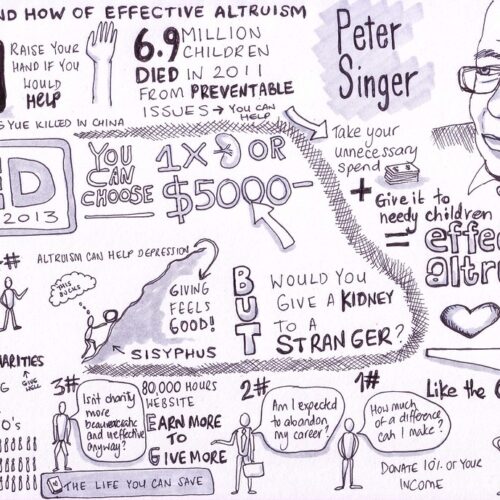Following the publication of our article about where we believe EA adds to the philanthropic landscape and where it fails to encourage a deeper, much-needed reflection, we have been excited to receive a high level of engagement. In particular, we appreciated the reactions by members of the EA community, and the many thoughtful responses on the EA Forum. We applaud many of such posts’ focus on a constant quest to find solutions to the world’s problems, rather than to be 100% right. We also don’t aim to definitively solve the debate or to argue for one side vs another, as we really view this as a joint effort rather than two mutually exclusive schools of thought. We also think the activism world can learn from this type of engagement and debate. Therefore, we have collated some further clarifications to our positions, and some responses to the most common objections raised since our article’s publication.

Overall, our principal aim for the article has been to discourage a narrow and often short-termistic interpretation of the EA principles that result at worst in dogmatism and sometimes in what we consider to be blind spots, such as the three we’d like to cover more in depth below:
- Basing cause area and intervention selection purely on a narrow and technocratic (Western) scientific analysis without any anchoring in the local lived experiences of people, or
- Not having wealth owners question the origins of their wealth and the negative impact of their investments and/or entrepreneurial activity, or
- Dedicating grant capital to technical solutions that can often be supported by (impact) investment instead of philanthropy, and that, being technical solutions, might be very effective at treating the symptoms but not at changing the fundamental root causes.
- We are not against science and objectivity, but we operate on an expanded notion of what many EAs consider to be valid ‘evidence’.
Between the two of us, we have two Masters’ degrees and a PhD, and have therefore taken our fair share of statistics and econometrics classes and spent many months running regressions. Therefore, on a personal level, we ‘get’ science and appreciate all the available methodologies to investigate probability, expected outcomes, and, ideally, causality. Because of this knowledge, we are also very aware of the limitations of empirical methods and linear cause-effect thinking.
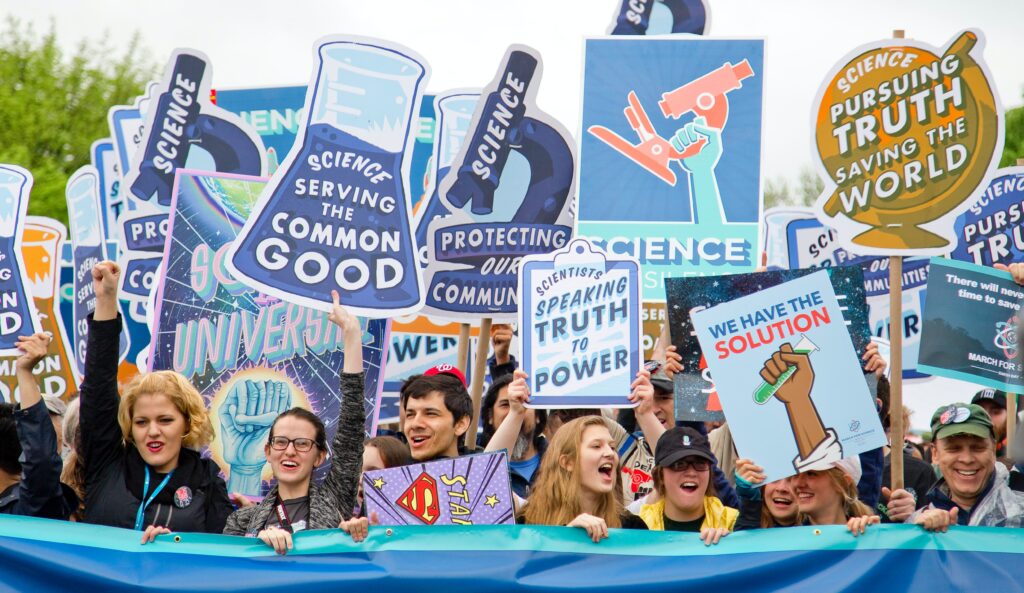
Institutionally, at Guerrilla, we aren’t afraid of data where it’s useful. We support geeks like the Autonomy team who use data to highlight glaring social injustices (like the class and gender differences when it comes to the risk of being exposed to COVID-19 at work). We appreciate grantees who can articulate the evidence backing their theories of change, and we dig deep into those before making any grant. For many other activist groups, we assist them in reflecting about their approach and articulating their theory of change, fully knowing that there are many class and educational barriers to provide us with information in English and in a way that we deem to be ‘right’.
We also stay on top of the most recent debates about what is considered effective in working towards environmental and social justice. Because, let’s be clear, the fight for justice is a complex multi-actor process as Romy also highlights in her PhD research on translocal anti-mining movements. Theories of change are subject to debate and change (see e.g. this critique of Extinction Rebellion’s theory of change and the social science behind it) and we try our best to stay on top of these debates and keep an open mind for counter-intuitive, new, and creative ideas. Because, as Felix Oldenburg put it beautifully in this talk (starting at minute 10): it takes a lot of ‘ineffective altruists’ who are bold enough to experiment and move the knowledge of the field for all of us, before some effective altruist can come along to fund the one thing that – for now – seems to work according to their framework of analysis of expected outcomes.
As we argue in our article, EA seems to privilege ‘hard’ data, forgetting about the warm data that makes up a big part of our experience. In one sense, therefore, we very much operate like EAs, trying to figure out the expected positive outcome of our philanthropic Euros. How we go about doing so, however, is different. Currently, we are trying to figure out how to include the quality of relationships created into an evaluation of our grantmaking. In a recent conversation with our grantees, our contribution to the field of European activism via ‘magical matchmaking’ was pointed out by activists and helped us to expand our thinking about the impact we might have. Implicit in this is another element that we’d like to see added to the EA approach: participation. Who decides the criteria and data that form the base of any impact assessment? Whose opinion counts when it comes to creating a different world? Are we not recreating extractive relationships and promoting dominant Western paradigms that have so far proven destructive when we as funders dictate what the problem is, what the impact should be and how it should be measured?
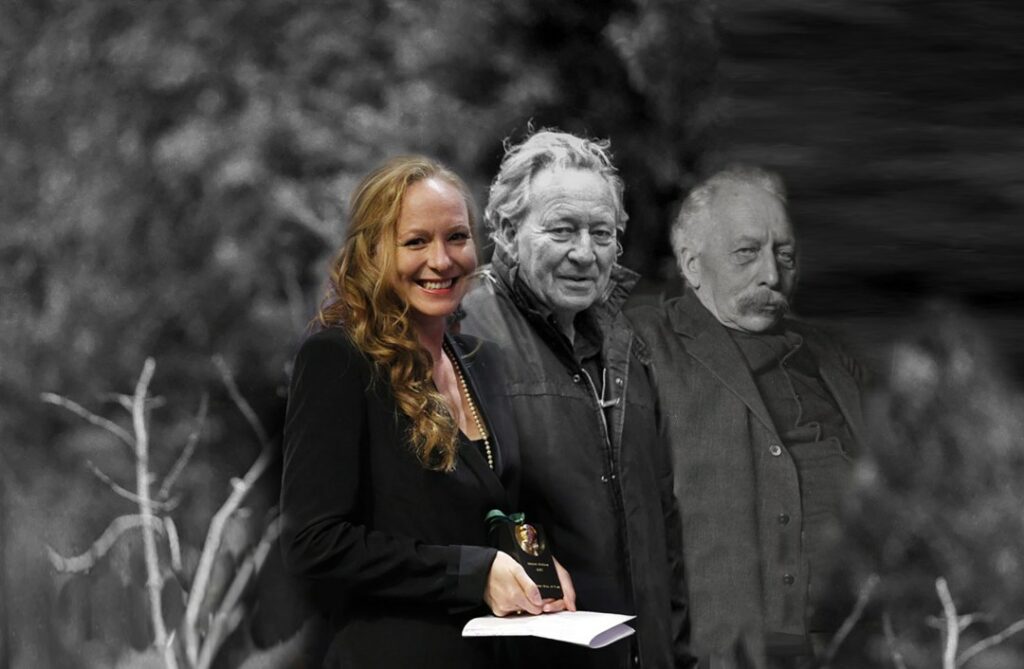
For example, Genova Che Osa, an Italian group fighting for – amongst others – the right for young people to receive a statutory ‘inheritance’ to pay for their studies and apprenticeships, combines both university research in traditional social sciences to determine the merits of policy alternatives, as well as grounding their cause area prioritisation in what they hear from the grassroots and the people directly affected by the systemic issues afflicting Italian youth, such as a lack of meritocracy, ageism, rising income inequality, etc. The voice and participation of beneficiaries is also key to crafting optimal interventions to achieve the change identified in the most effective way. And without a broad-based engagement of citizens and the participation of young people who live in the city, how would Genoa Che Osa ever develop policy proposals that can be truly transformational in content and in process?
What we have a problem with is the belief that the technical solutions identified through accepted, Westernized scientific methodologies are the only or main solutions to the root causes of our ecological, socioeconomic, spiritual, and democratic crises. We fully acknowledge that many EAs accept ‘cluelessness’ and model it in their decision-making accordingly, but many other EAs we’ve come across don’t, and reject social justice philanthropy on the basis that the proof that it works cannot be described in ‘scientific’ terms amenable to them.
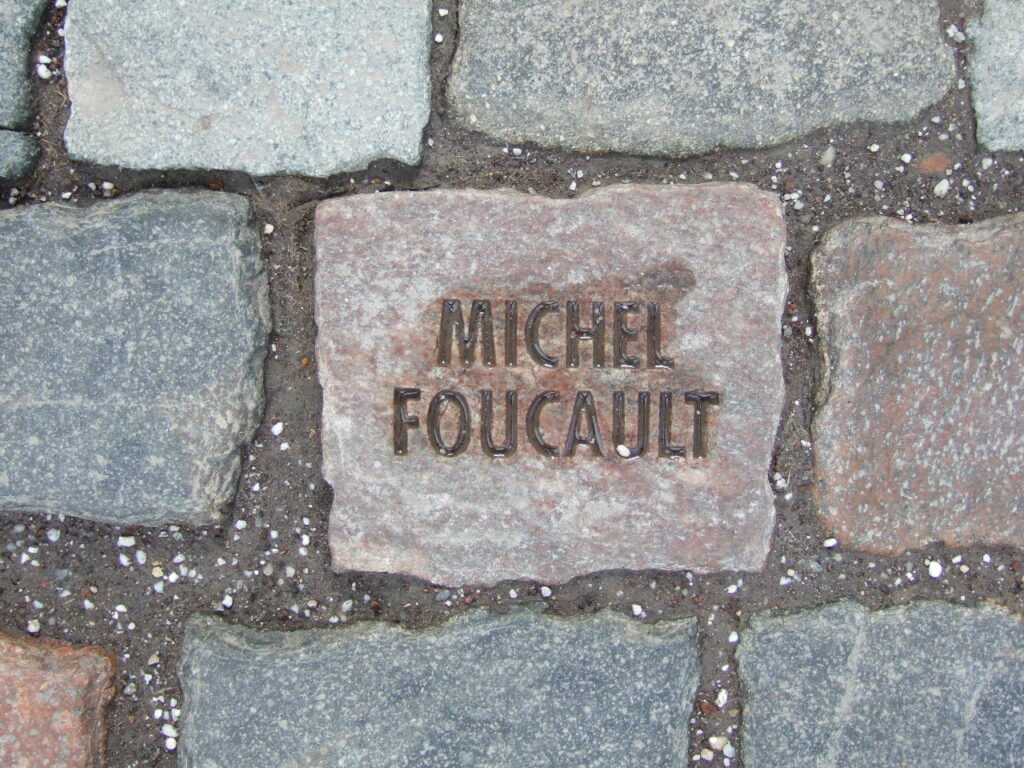
Instead, as we highlight in the article, but could have probably articulated better, we call for the development and inclusion of more forms of data that can best capture the potential for systems change.
This is especially important when solutionism cannot simply be the answer; for example: if we want to end the profit-obsessed capitalism and the culture of expansion-at-all-costs that are among the root causes of factory farming, we believe philanthropic euros should be dedicated to tackling the adaptive challenge of how can we as a society make it unacceptable to consume such vast quantities of meat, beyond our health and planetary boundaries and to re-connect people to the system of food production. To move society in this direction, we need to expand the notion of what we consider to be ‘science’ to include qualitative, grassroots perspectives, political insights, and warm data about systems dynamics that cannot be reduced to what is available as a finding to be found in a Western academic journal or run through a RCT. This could include what one of the commentators in the EA forum terms “moral circle expansion” and “corporate campaigns”, not just by changing political processes and coordination mechanisms. In no way we meant to indicate that there is one single root cause for the world’s ills, or that we know what such root cause is, let alone how to definitively tackle it. However, capitalism of the irresponsible kind, the one that does not account for the negative externalities of how things and money are made, combined with patriarchy, a culture of growth at all costs, and other forms of social ills such as racism and speciesism we believe all contribute as joint root causes. We believe we should look at such root causes and assess interventions targeted at them in the same way EAs assess interventions aimed at technical solutions.
And lastly, to make our wish more concrete, we would like to say that we would absolutely love, for example as part of our “backbone” grants, to sponsor an organization helping activists incorporate more non-traditional data-points to inform an optimal strategy to generate long-lasting change. So we agree with one of the EA forum commentators that our challenge, which we take fully onboard, will continue to be to be able to justify our belief that grassroots work to change the political and economic systems is important/tractable/neglected to the extent that it should be at least as prioritized as many interventions that get funded through EA-affiliated organizations.
- We need to better clarify what exactly we want financial wealth holders to do.
Essentially, it’s about cleaning up one’s closet before going out and espousing any philanthropic endeavour, including EA-style grants. One could view EA grant-making akin to a very complex medical treatment for a complex disease for which little is known. Surely the doctor would recommend that one start by not drinking, not smoking, exercising, meditating, getting good sleep, etc. before embarking on such a rigorous therapy. This is exactly what we recommend wealth owners to do: while the technical cure can be outsourced to “experts” to a certain extent, there is a whole deal of personal work that cannot be outsourced: no one can do your physical exercising for you ultimately. As one of the commentators on the EA forum mentions: “Our mental states have significant effects on our actions, so we’d better help others by cleaning up our harmful mental tendencies”. Therefore, along the same lines, we would recommend that financial wealth holders join groups like Resource Generation (US) and Resource Justice (UK), and first and foremost digest and internalize and own up to their privilege.
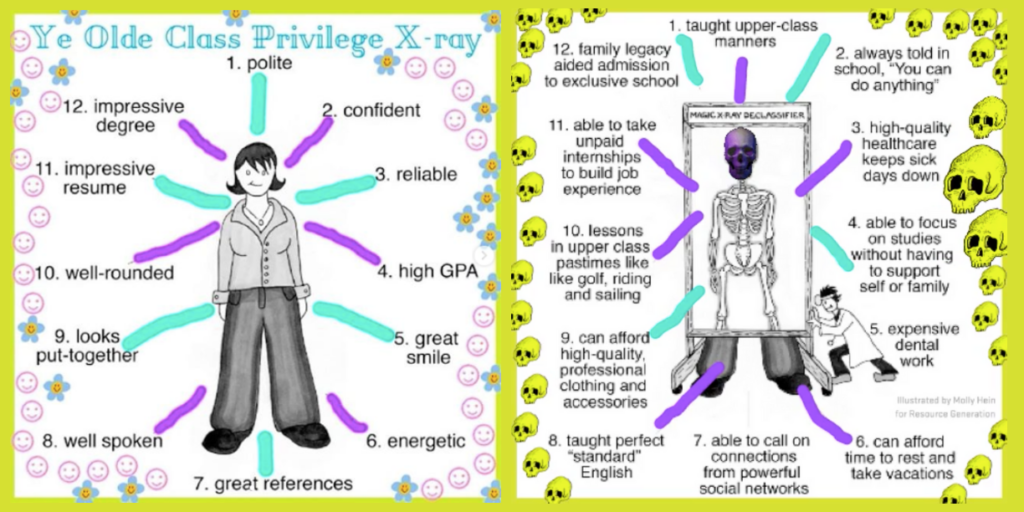
Secondly, we would want them to more precisely calculate the negative externalities caused by their wealth accumulation and engage in direct reparations where possible, or at least commit to contribute a significant amount to prevent further harm in the specific sector where wealth was generated. Thirdly, with the remaining wealth, we want wealth holders to make sure that they are at the very least not perpetuating harm by participating into a financial system that directly abets social and environmental destruction. Ideally, therefore, all investable wealth should be invested in a way that causes no harm, benefits stakeholders, and – as far as possible – directly contributes to solutions by generating positive impact through investments in technical solutions such as clean meat, safe AI, accessible medtech, cleantech, etc. And lastly, then and only then, after a careful consideration of what is most efficient in terms of maximizing lifetime impact, gradually and intentionally spend down their wealth and adopt an approach which is consistent with consequentialism and the EA principles. We of course would argue that such an approach would include both grants that are already mainstream in the EA community, such as donating to GiveDirectly (which we like because of the self-determination of beneficiaries), and radical social justice grants of the kind Guerrilla makes, to help prevent the people who receive via GiveDirectly to become that poor and oppressed in the first place.

To clarify: what we are not advocating for is for wealth holders to spend too much time on the ethical and deontological issues arising from holding wealth as a justification to hoard it further, but to operate from a position of deep humility and acknowledgment of the externalities that might have been produced in such wealth accumulation and to repair them, suspending narrow consequentialism a little bit for the sake of a just transition, and then and only then adopt a more consequentialist, impact-maximising mindset. We also believe that such mindset needs to be grounded in a long-term, systems perspective, where both maximizing positive outcomes for others/the environment and ensuring that we build a system that prevents such disproportionate wealth accumulation with accompanying negative externalities in the first place, are equally valued as priorities for grant-making. If we only focus on the former, we might continue to bite our tail and keep producing the ills we’re trying to solve with philanthropy. So in conclusion we absolutely agree that it’s important for wealth holders to do the most good, but in order to be in the best position to do so, they should fix themselves and the systems they can affect first given where they’re coming from, rather than forgetting about the past altogether.

- Philanthropy vs (impact) investments: finding the right mix that maximizes good
A corollary of the factory farming example above is that we are using philanthropic dollars to tackle the complex, adaptive challenge of aiming directly at root causes because we believe investment can instead be used to develop technical solutions to known problems at scale. Guerrilla was founded and is independently funded by high financial net worth individuals, Paolo included, who desire to maximize the impact of their monetary resources. They therefore recognize that it would not be efficient to spend precious philanthropic money on solutions such as the development of plant- or cellular-based meat when in fact these are tremendous opportunities to both create positive impact and recycle capital for future philanthropic use.
Sadly, our experience with many EA practitioners is that some still fail at grasping the efficient frontier of impact and returns, according to which it is best not to give all philanthropic giving at once, because similar impact could be produced via ‘returnable’ forms of capital such as repayable grants, loans, or investments, and also because of the potential missed opportunity of donating in the future.
Take climate change as an issue for instance: in Paolo’s portfolio, he tackles it by following Project Drawdown’s scientific approach of simultaneously reducing sources of carbon emissions, supporting carbon sinks, and improving society. How? For example, he makes sure all his publicly listed stocks and bonds are free of fossil fuels and intensive animal and agricultural farming. He hires fund managers to proactively engage with harmful companies such as oil producers, to get them to change their business model towards renewables. He invests directly in sustainable forestry and regenerative agriculture practices via private equity and real asset investments, measuring the extent of the carbon sequestered in the soil. So far, most of these investments are in technical solutions provided by companies. But it would not make sense to only do this, and especially to sponsor such technical solutions, which can be achieved in a profit-seeking way, with grant capital. Therefore, he donates to Guerrilla Foundation and other social justice activists and organizations to directly affect change in the political, social, and economic structures that allow for climate change and other social and environmental issues to continue unabated.

We hope that this example serves to illustrate our point that we believe Effective Altruism should develop, as a movement (some within the EA movement are already working on this and we applaud them for it), more rigour in terms of articulating what interventions necessitate investment vs. philanthropic capital.

